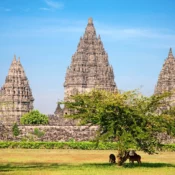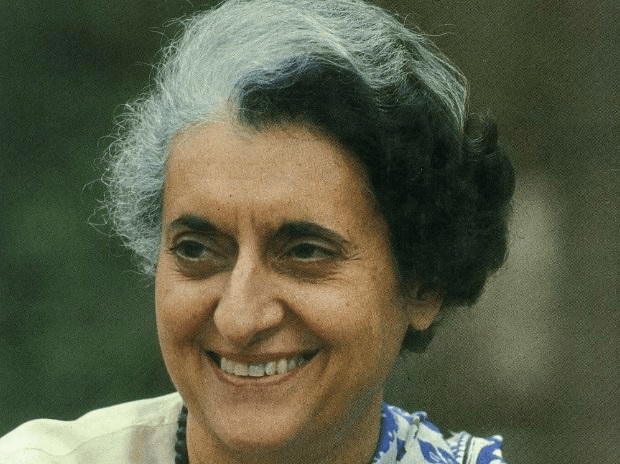
Empowering Change: Women Leaders of South Asia
Exploring the History, Achievements, and Impact of Female Leaders in the Region
South Asia has been home to numerous women leaders who have significantly influenced the socio-political landscape of their respective countries and the region as a whole. These women have broken barriers, challenged societal norms, and paved the way for future generations. This article highlights the stories and achievements of four prominent women leaders from different parts of South Asia, explaining why they were progressive (or not) for their time and how their actions impacted their communities and beyond.
Indira Gandhi – India
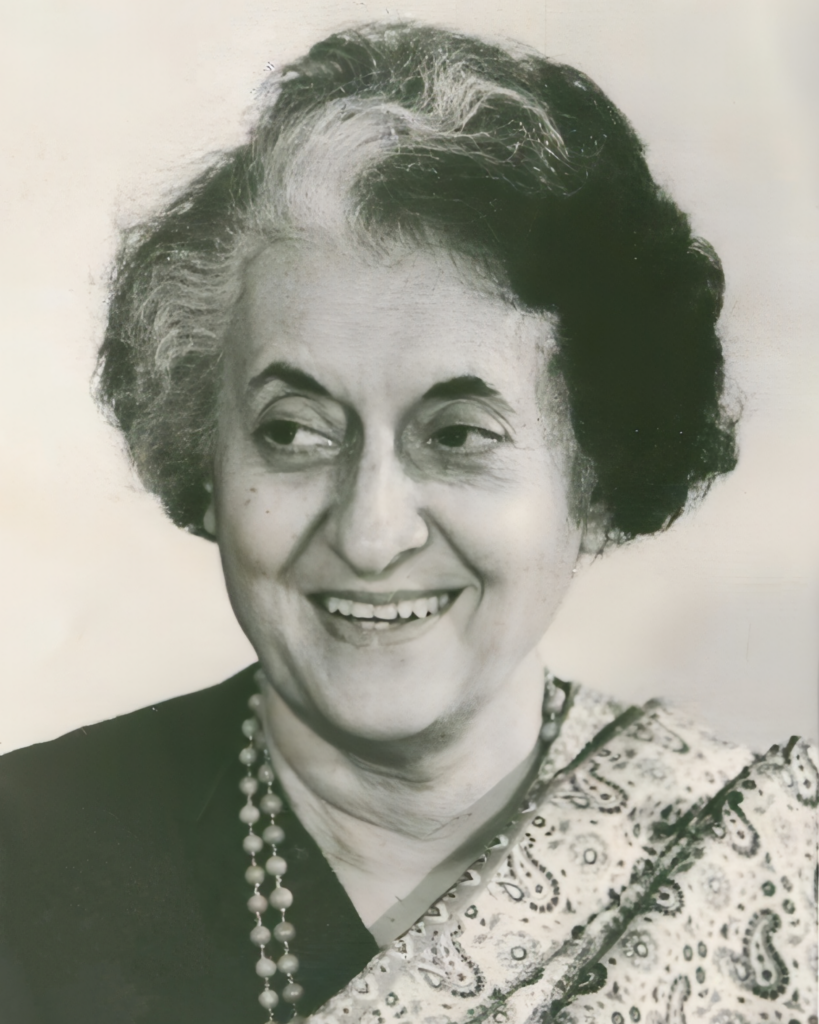
Indira Gandhi, the daughter of India’s first Prime Minister Jawaharlal Nehru, was a pivotal figure in Indian politics. She served as the Prime Minister of India from 1966 to 1977 and again from 1980 until her assassination in 1984. Gandhi was the first and, to date, the only female Prime Minister of India.
Indira Gandhi’s tenure was marked by significant events such as the nationalization of banks, the Green Revolution, and the 1971 war with Pakistan that led to the creation of Bangladesh. Her declaration of the Emergency from 1975 to 1977, however, remains a controversial period due to the suspension of civil liberties and the suppression of political opposition.
Indira Gandhi was progressive in terms of her assertive leadership in a male-dominated political arena. Her policies aimed at economic self-sufficiency and agricultural productivity showed foresight. However, her authoritarian measures during the Emergency period drew criticism for undermining democratic principles.
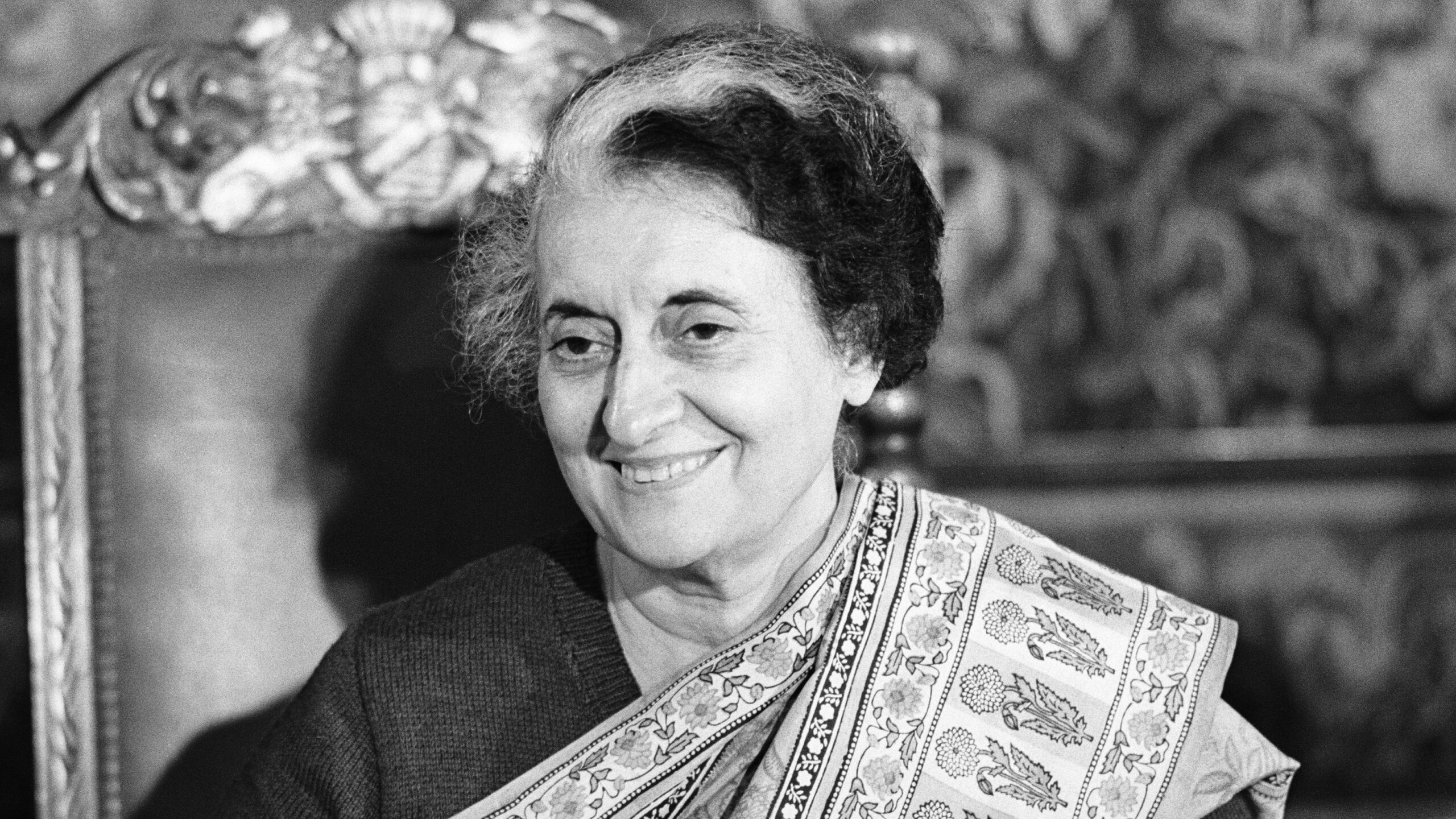
Gandhi’s leadership style and policies left a lasting impact on India’s political and economic landscape. She is remembered for her decisive governance and efforts to modernize India’s agricultural sector, although her controversial decisions during the Emergency continue to spark debate.
Benazir Bhutto – Pakistan
Benazir Bhutto was the first woman to head a democratic government in a majority Muslim country. She served as Prime Minister of Pakistan in two non-consecutive terms, from 1988 to 1990 and from 1993 to 1996. Bhutto was the daughter of former Prime Minister Zulfikar Ali Bhutto.
Bhutto’s leadership focused on modernizing Pakistan and promoting women’s rights. She advocated for education, healthcare, and economic reforms. Despite facing significant political opposition and challenges, she remained a symbol of democratic aspirations in Pakistan.
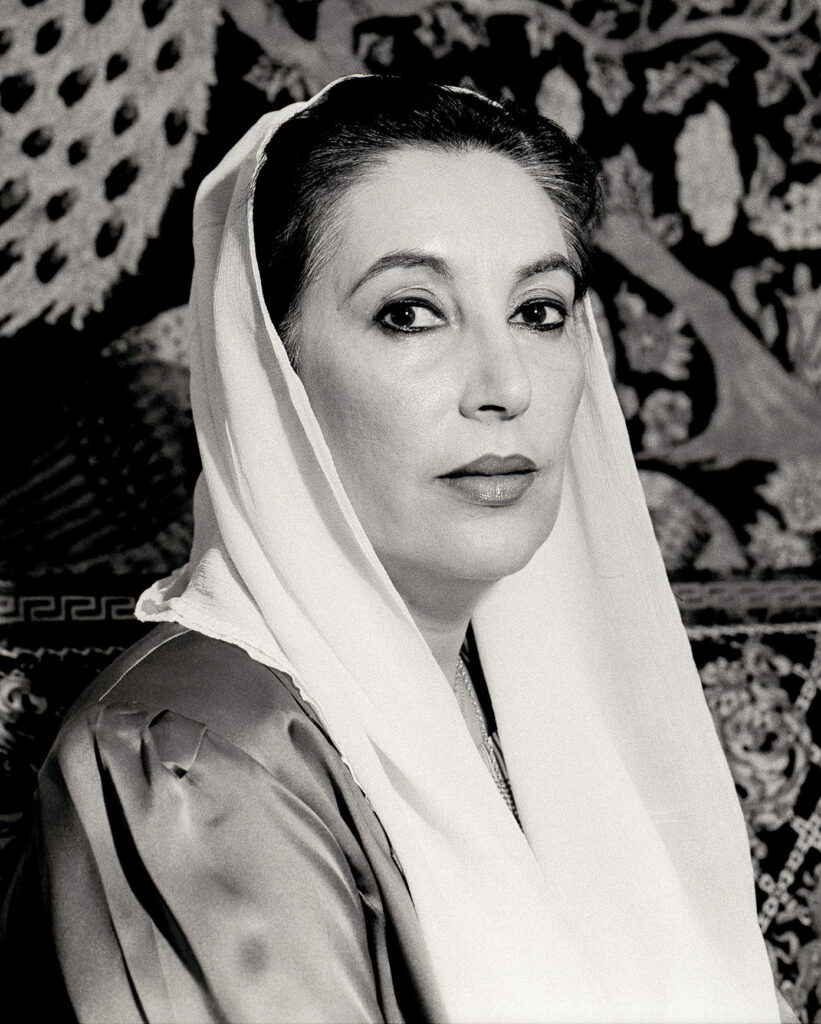
Given the conservative and patriarchal nature of Pakistani society, Benazir Bhutto was a real challenge for them. Her election as Prime Minister broke significant barriers for women in politics. However, her terms were marred by allegations of corruption and political instability.
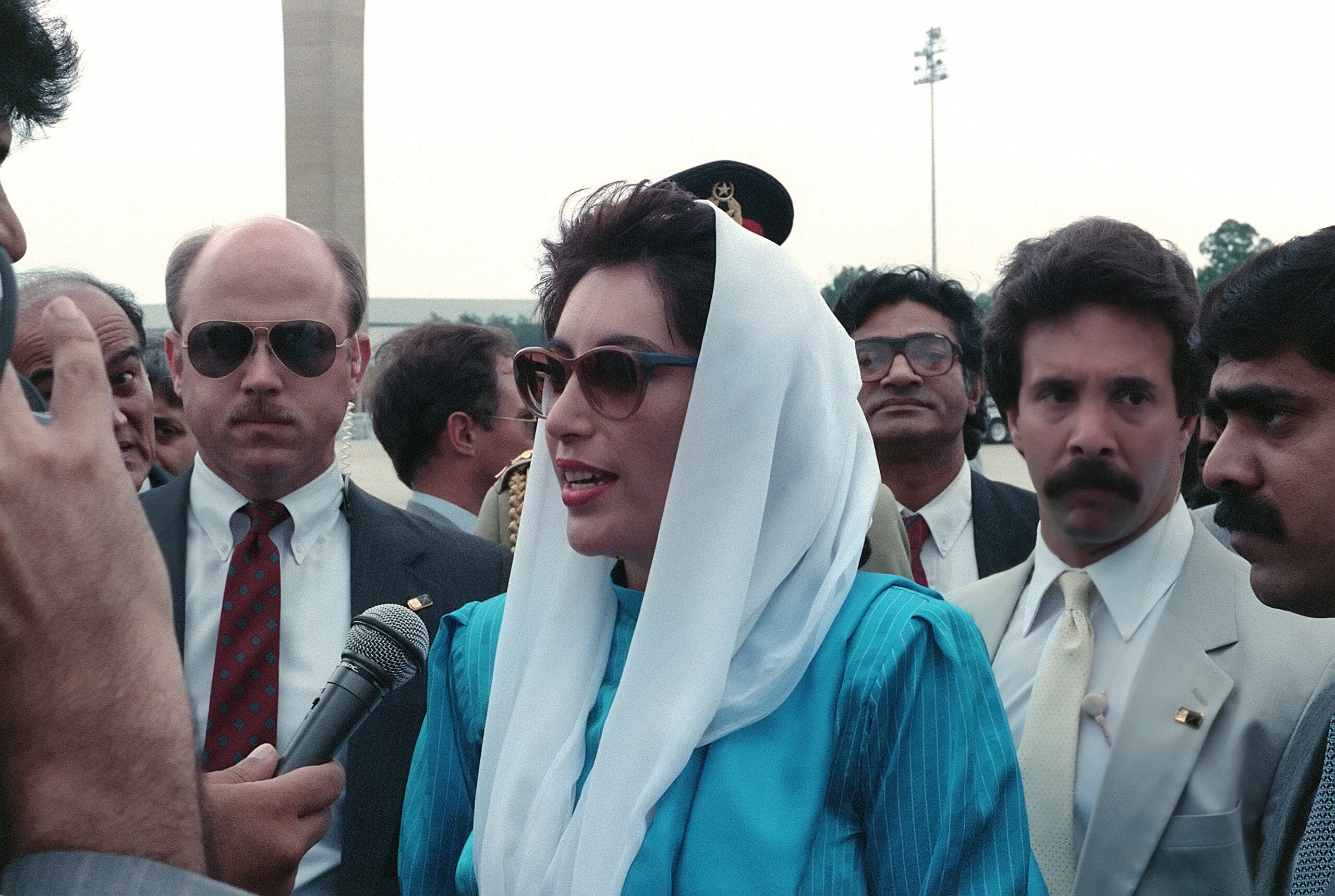
Bhutto’s legacy lies in her role as a trailblazer for women in Muslim-majority countries. She inspired many women to pursue careers in politics and public service. Her assassination in 2007 marked a significant loss for democratic and progressive movements in Pakistan.
Sirimavo Bandaranaike – Sri Lanka
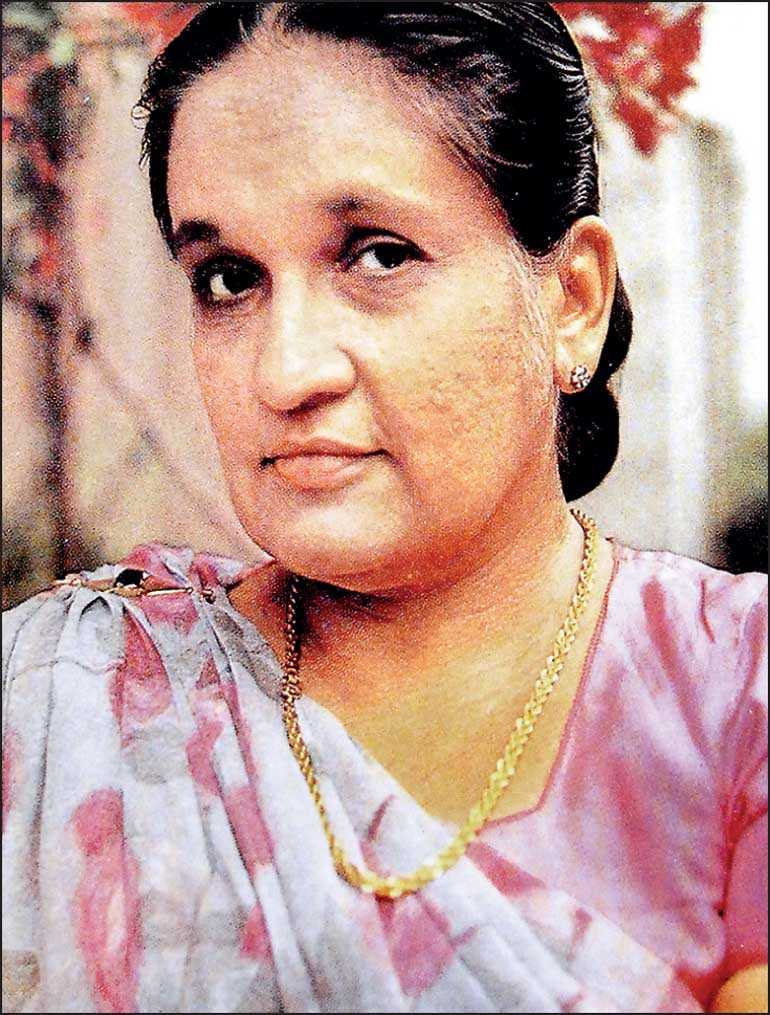
Sirimavo Bandaranaike became the world’s first female Prime Minister when she was elected in Sri Lanka (then Ceylon) in 1960. She led the country in three separate terms, from 1960 to 1965, 1970 to 1977, and briefly in 1994.
Bandaranaike’s tenure was characterized by her efforts to implement socialist policies, nationalize key industries, and promote Sinhalese culture and language. She also played a crucial role in the Non-Aligned Movement, advocating for the interests of developing countries.
While Bandaranaike can be considered quite progressive in overcoming the gender barrier, her policies have sometimes exacerbated ethnic tensions, especially between the Sinhala majority and the Tamil minority. Her emphasis on Sinhalese nationalism had long-term implications for Sri Lanka’s ethnic relations.
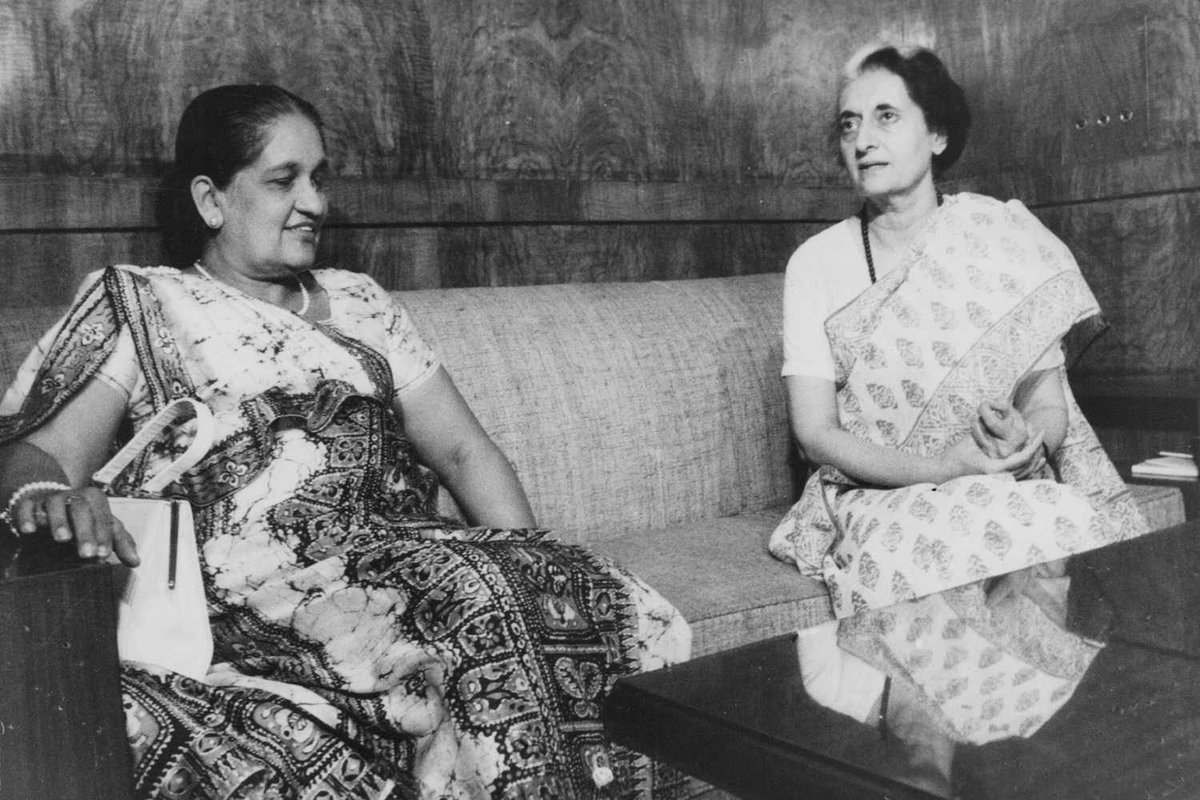
Bandaranaike’s leadership paved the way for more women to enter politics in Sri Lanka. Her tenure had a mixed legacy, with significant contributions to social welfare and education, but also controversies related to ethnic policies and economic management.
Chandrika Kumaratunga – Sri Lanka
Chandrika Kumaratunga, the daughter of Sirimavo Bandaranaike, served as the President of Sri Lanka from 1994 to 2005. She was the first woman to hold the presidency in the country.
Kumaratunga’s presidency was marked by her efforts to negotiate peace with the Liberation Tigers of Tamil Eelam (LTTE) and her attempts to implement constitutional reforms to address ethnic conflicts. She also focused on economic liberalization and development.
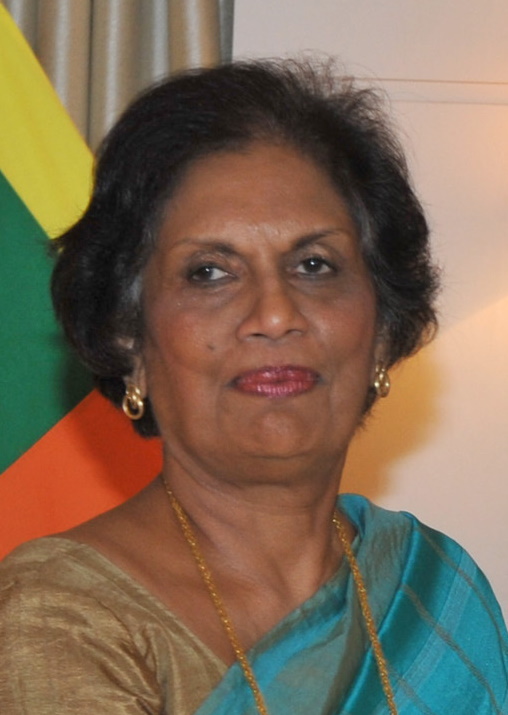
Kumaratunga is remembered for her approach to seeking peace and reconciliation in a country torn by civil war. Her attempts to broker peace and address ethnic disparities were significant steps towards a more inclusive society, although the conflict continued beyond her tenure.
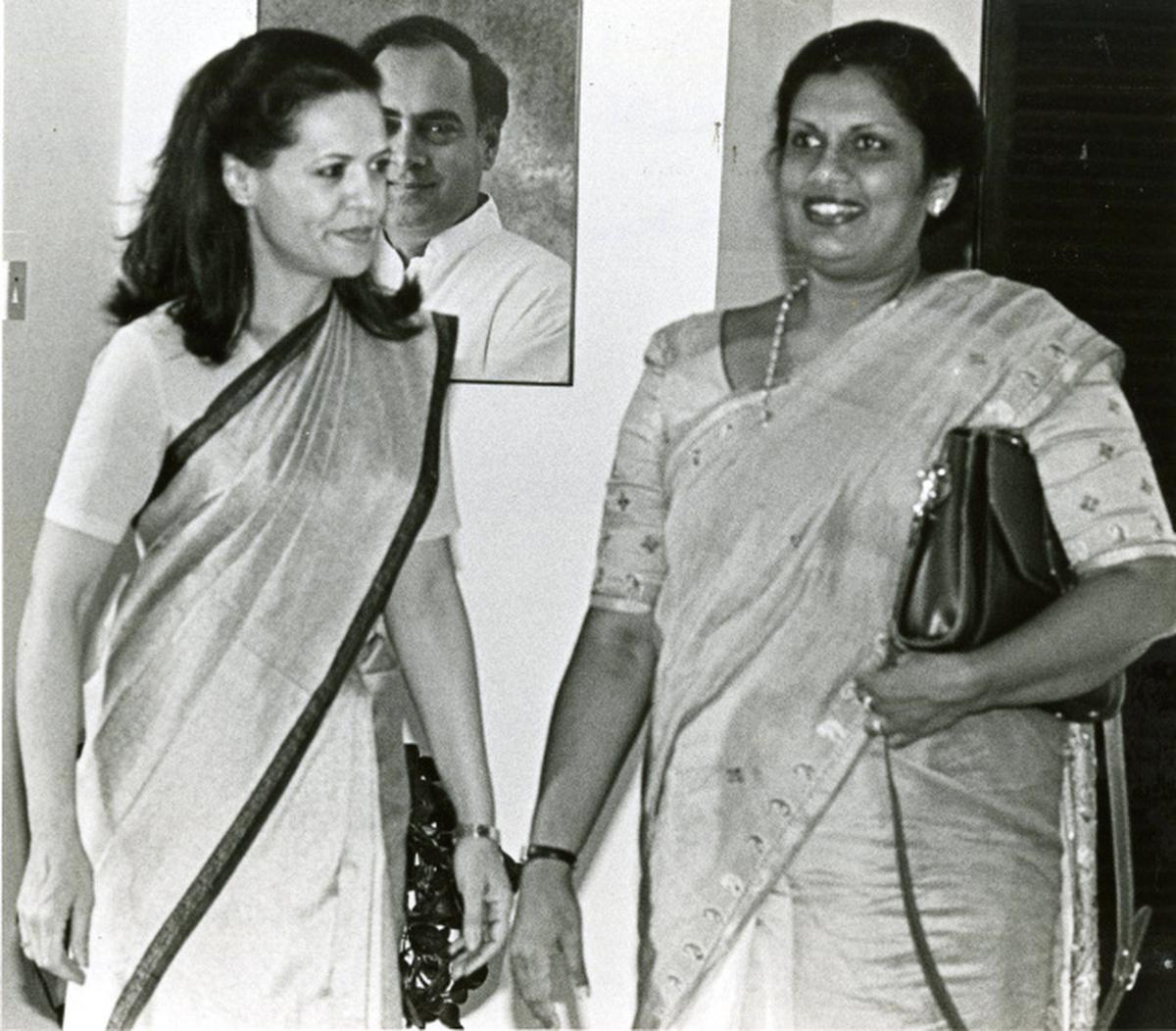
Kumaratunga’s leadership left a lasting impact on Sri Lanka’s peace process and political landscape. Her efforts towards economic modernization and her initiatives for social welfare contributed to shaping contemporary Sri Lanka. Despite facing assassination attempts and political opposition, she remained a symbol of resilience and determination.
These women leaders from South Asia have made significant contributions to their countries and the region, each navigating complex political landscapes and societal expectations. Their progressive actions and leadership not only broke gender barriers but also inspired future generations to strive for equality and justice in their societies.


